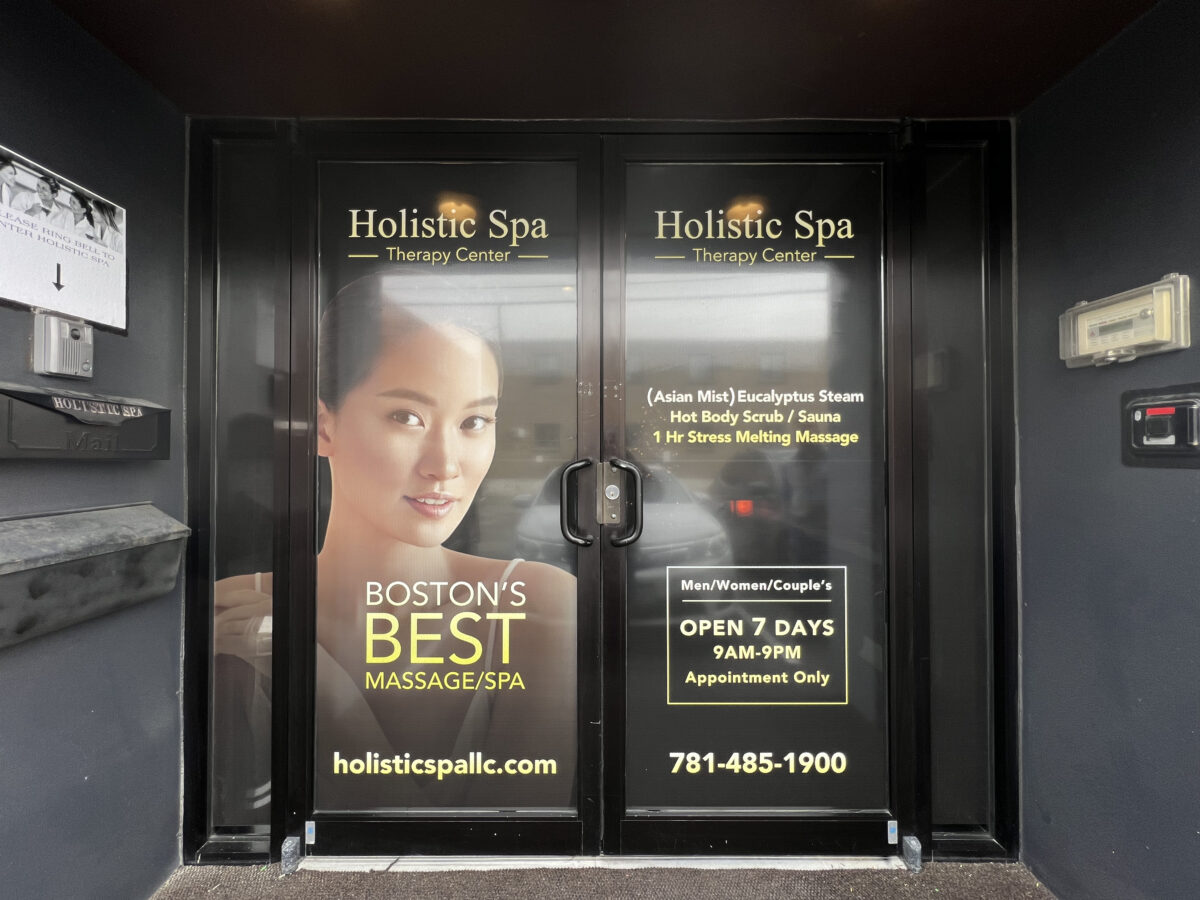Custom Signs for Business: Elevate Your Brand Visibility and Customer Engagement

In today’s competitive marketplace, custom signs for business play a crucial role in branding and customer engagement. From attracting new customers to reinforcing brand identity, the right sign can be a game-changer. This comprehensive guide delves into the importance of custom signs, their various types, design tips, and how to choose the right sign for your business needs.
Introduction to Custom Signs
Custom signs are tailored to fit the unique needs of a business, encompassing a wide range of styles, materials, and purposes. Unlike generic signs, custom signs are designed to represent your brand specifically and can be crafted to align perfectly with your business goals and aesthetic preferences.
The Importance of Custom Signs for Business
Custom signs for business are more than just markers; they are powerful tools for marketing and communication. Here are some key reasons why custom signs are essential:
- Brand Recognition: A well-designed sign reinforces your brand identity and makes your business memorable.
- Customer Attraction: Eye-catching signs can draw potential customers to your storefront.
- Information Dissemination: Signs provide crucial information about your business, such as operating hours, promotions, and directions.
- Professional Appearance: Quality signage conveys professionalism and can enhance the overall image of your business.
Types of Custom Signs
Choosing the right type of sign is critical for maximizing its impact. Here are the main types of custom signs to consider:
Outdoor Signs
Outdoor signs are crucial for attracting foot traffic and making a strong first impression. Types include:
- Monument Signs: These ground-level signs are often placed near the entrance of a property.
- Channel Letters: 3D letters that are typically illuminated, making them highly visible both day and night.
- A-Frame Signs: Portable signs that are perfect for sidewalk advertising.
Indoor Signs
Indoor signs enhance the customer experience once they enter your business. Examples include:
- Lobby Signs: These create a welcoming atmosphere and reinforce your brand inside your premises.
- Directional Signs: Help customers navigate your space efficiently.
- Wall Murals: Large, impactful designs that can transform a space and tell your brand’s story.
Digital Signs
Digital signs offer dynamic and flexible advertising solutions. Types include:
- LED Displays: Perfect for high-visibility areas and can display a variety of messages.
- Digital Menu Boards: Common in restaurants, allowing for easy updates and eye-catching displays.
- Interactive Kiosks: Engage customers with touch-screen technology for information and transactions.
Vehicle Wraps
Transform your vehicle into a moving advertisement with custom wraps. This type of signage ensures your brand is seen by a wide audience as you travel around town.
Designing Your Custom Sign
Design is the heart of an effective custom sign. Here are essential tips for creating a compelling design:
Understanding Your Brand
Your sign should reflect your brand’s personality and values. Consider the following:
- Brand Colors: Use colors that are part of your brand palette to create a consistent look.
- Logo: Incorporate your logo prominently to enhance brand recognition.
- Tagline: If you have a tagline, include it to communicate your brand message quickly.
Choosing the Right Colors and Fonts
Colors and fonts are critical for readability and visual impact. Here are some guidelines:
- Contrast: Ensure there is a high contrast between the background and text to enhance readability.
- Legibility: Choose fonts that are easy to read from a distance. Avoid overly decorative fonts that might be hard to decipher.
- Brand Consistency: Stick to your brand’s color scheme and typography for a cohesive look.
Effective Use of Graphics and Text
A balance of graphics and text can make your sign more engaging:
- Graphics: Use high-quality images and illustrations that support your message.
- Text: Keep it concise. Your message should be easy to read and understand at a glance.
Materials for Custom Signs
The material you choose for your sign affects its durability, appearance, and cost. Here are common materials used:
Metal Signs
Metal signs are durable and can withstand harsh weather conditions, making them ideal for outdoor use. They can be made from aluminum, steel, or brass and often have a sleek, professional look.
Plastic Signs
Plastic signs are versatile and cost-effective. Materials like acrylic and PVC are popular for their durability and ease of customization.
Wood Signs
Wood signs offer a rustic and classic appeal. They are perfect for businesses looking to convey a traditional or artisanal brand image.
Vinyl Signs
Vinyl is highly flexible and can be used for banners, window graphics, and vehicle wraps. It’s known for its vibrant colors and durability.
Where to Place Your Custom Sign
Placement is key to maximizing the visibility and effectiveness of your sign. Consider these prime locations:
High-Traffic Areas
Position your signs where they will be seen by the most people. This could be near busy streets, shopping centers, or pedestrian pathways.
Points of Purchase
Signs placed near the checkout areas can promote last-minute purchases or inform customers about ongoing promotions.
Event Locations
Temporary signs for events can guide attendees and enhance their overall experience. Ensure they are placed strategically for maximum visibility.
Regulations and Permits for Custom Signs
Before installing any custom sign, check local regulations and obtain the necessary permits. This ensures compliance with zoning laws and avoids potential fines.
Maintaining and Updating Your Signage
Regular maintenance keeps your signs looking fresh and professional. Here are some tips:
- Cleaning: Regularly clean your signs to remove dirt and grime.
- Repairs: Fix any damages promptly to maintain a polished appearance.
- Updates: Periodically update your signage to reflect new branding, promotions, or changes in your business.
Hiring a Professional Sign Maker
Working with a professional sign maker can ensure you get high-quality, custom-designed signs that meet your needs. When choosing a sign maker, consider their experience, portfolio, and customer reviews.
Conclusion: Making the Most of Your Custom Signs
Custom signs for business are an investment in your brand’s visibility and customer engagement. By understanding the different types of signs, designing them thoughtfully, and placing them strategically, you can significantly enhance your business’s presence and appeal. Regular maintenance and updates ensure your signs continue to look their best and serve their purpose effectively.
Investing in custom signs not only attracts more customers but also creates a strong and memorable brand image. Take the time to design and implement signage that truly represents your business, and you’ll see the benefits in increased foot traffic, customer engagement, and overall business success.








